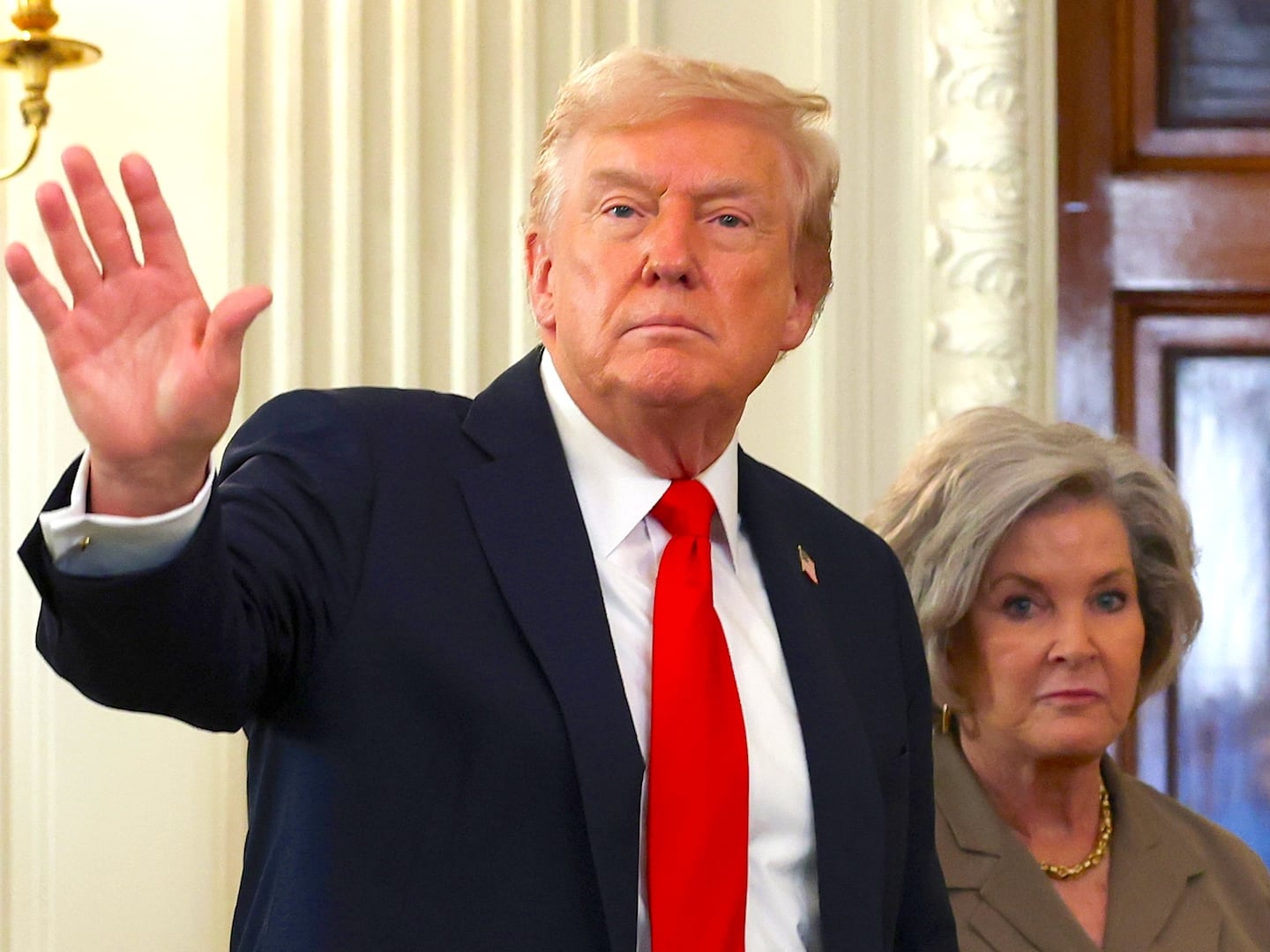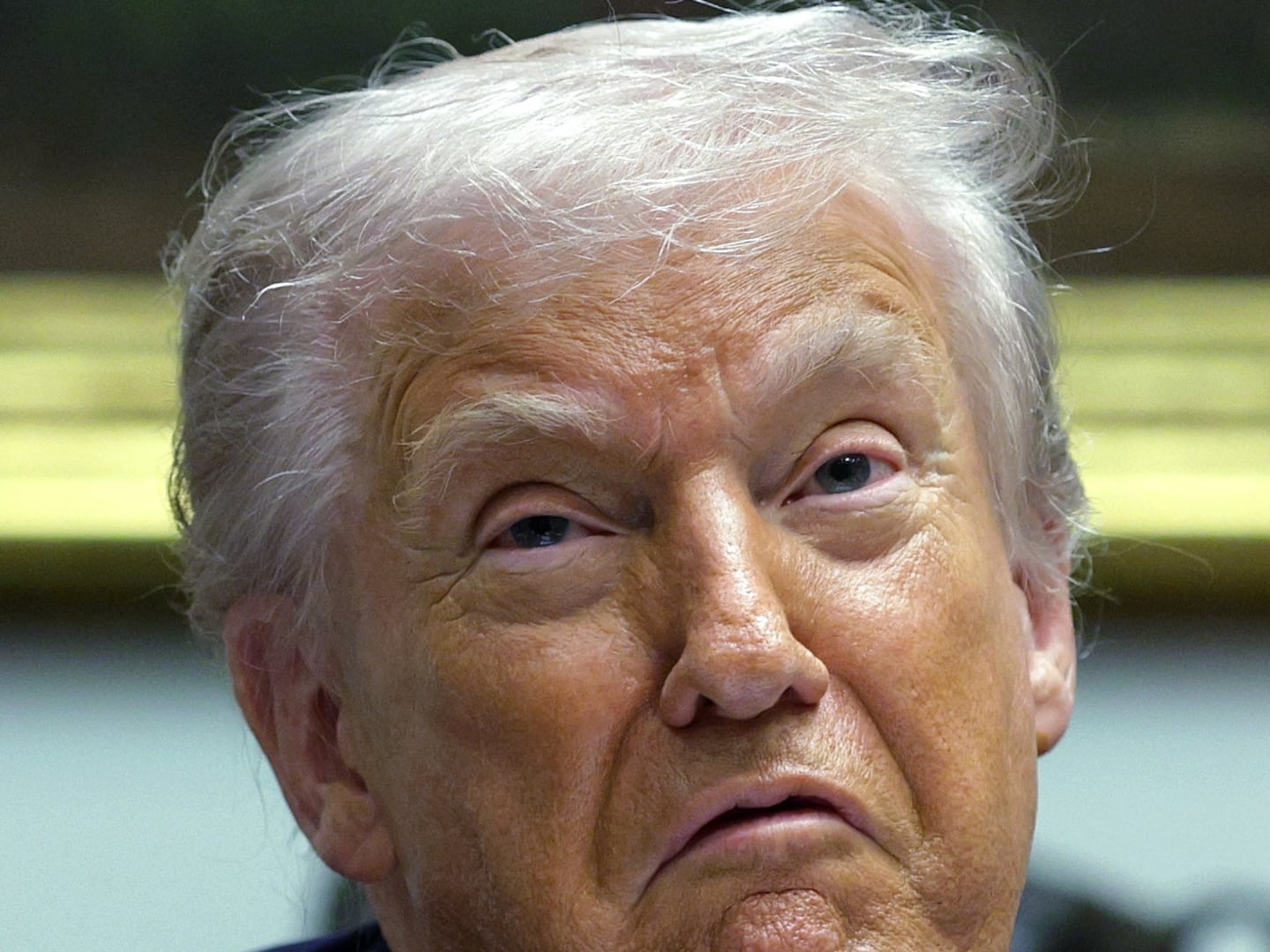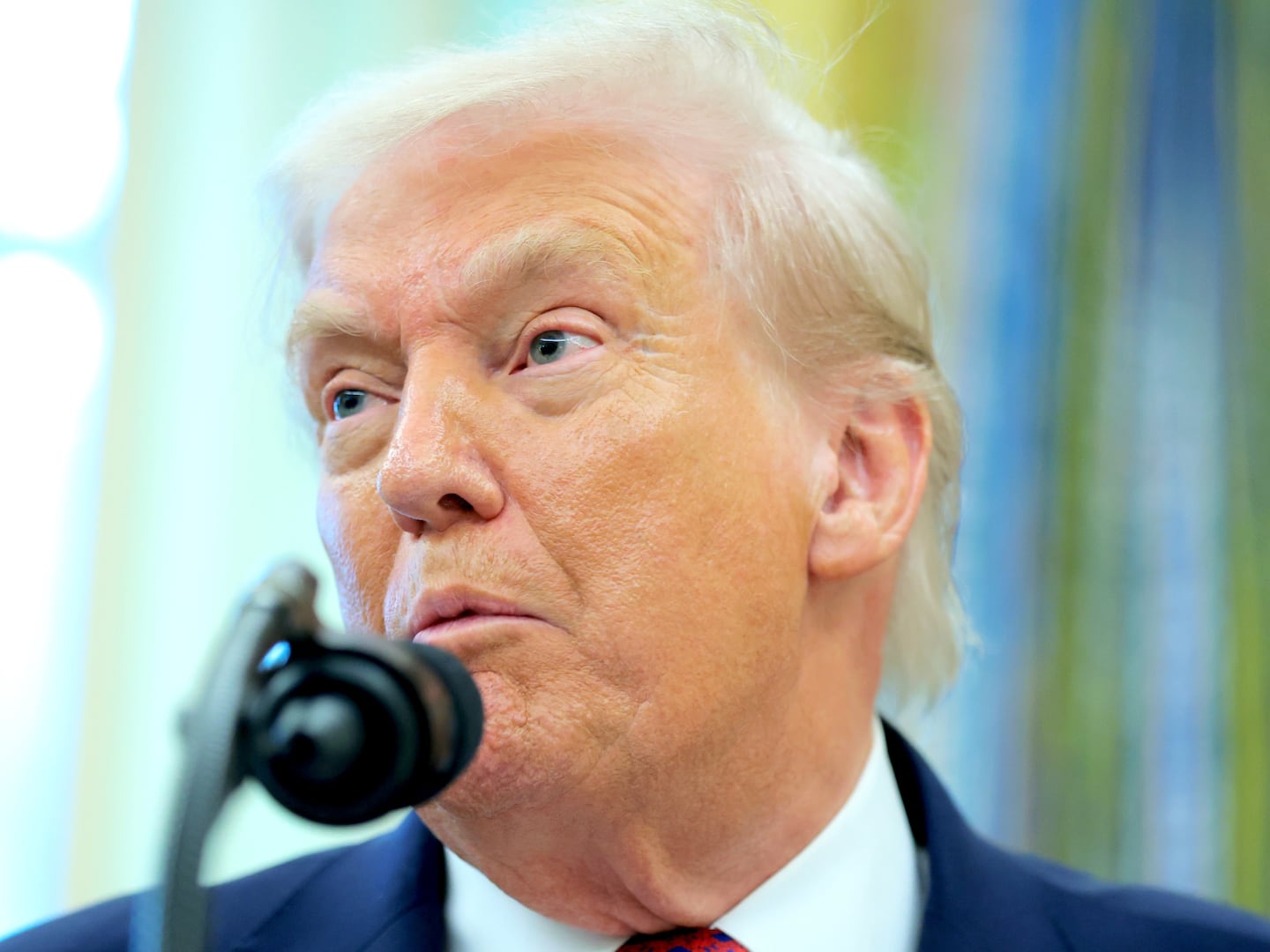Thomas Piketty’s Capital in the Twenty-First Century has been an immense success. As the book’s translator, I’m not surprised it has found an audience. Having spent many months with the text, I know the depth of the research it embodies and the importance of its argument for our current political debate about inequality. Since publication, I have followed the reviews with great interest. Some, like Robert Solow’s, have engaged with the deep structure of the argument, performing a real service to readers who may not be fully prepared to digest the sheer volume of material that Piketty presents in 655 pages replete with graphs, tables, and the necessary minimum of mathematical formulas. Other commentators have preferred to ride their own personal hobby horses rather than engage with the challenge of Piketty. An article that falls into the latter category, by James Poulos, appeared here on The Daily Beast.

When I read Poulos’s piece, I was startled to come upon the following passage: “Even an undergraduate level of engagement with Democracy in America would reveal, in virtually every chapter, that Piketty is not only wrong but glibly and perilously so.” This quite took my breath away, since I am the translator not only of Piketty but also of Tocqueville’s Democracy in America. Somehow it had escaped my notice that Tocqueville refuted Piketty, even though I think it is safe to say that my engagement with Tocqueville is a bit beyond the undergraduate level. In addition to translating his book about America, I have also translated The Ancien Régime and the Revolution as well as a hefty volume of letters, diaries, and other material from Tocqueville’s travels in the United States. Next year I will translate his Souvenirs. And I have published a number of papers on Tocqueville, lectured on his work, attended conferences of Tocqueville scholars, and studied his writings for nearly 40 years. So what did Poulos see that I didn’t?
Actually, it’s difficult to say. His column is such a mishmash of assertion and non-sequitur that it’s hard to fasten on an argument. He turns first to the chapter entitled “How Industry Could Give Rise to an Aristocracy” (I prefer to cite my own translation rather than the one Poulos uses). Exactly why Poulos thinks this chapter constitutes a devastating riposte to Piketty (or to the political scientists Jacob Hacker and Paul Pierson, whose review comparing Piketty to Tocqueville is the immediate provocation for his diatribe) is not clear. Piketty is well aware that there are ways in which the top 1 percent of today’s income and wealth hierarchies might be compared to the aristocracy of Ancien Régime France. He says, for example, that “in France in 1789, it is generally estimated that the aristocracy represented 1 to 2 percent of the population, the clergy less than 1 percent, and the ‘Third Estate,’ meaning (under the political system of the Ancien Régime) all the rest, from peasantry to bourgeoisie, more than 97 percent.”
Of course, Poulos has a different Tocquevillean “aristocracy” in mind—not the hereditary aristocracy of the Ancien Régime but “the manufacturing aristocracy,” which, “having impoverished and brutalized the men it uses, abandons them in times of crisis and turns them over to public assistance to be fed … [a] manufacturing aristocracy that … is one of the cruelest that has ever existed on earth.” Poulos seems unafraid of this “cruelty,” however, perhaps because he accepts Tocqueville’s benign view that this industrial aristocracy “is also one of the most limited and least dangerous.”
Why was Tocqueville not more alarmed by the economic power that he saw emerging in the early days of American industrialization? For one thing, he believed that “the rich do not exist as a class, because rich people have no common spirit or objectives or traditions or hopes.” For another, he imagined that social mobility would constantly renew the upper crust, eliminating old money and bringing in new: “The elements of the poor class are almost fixed, but the elements of the rich class are not.”
Tocqueville’s actions didn’t always match his words, however. Some 20 years after he wrote Democracy in America, a vast network of railroads had been built in the United States, largely with the aid of foreign capital. Tocqueville invested a good part of his fortune in several of these ventures. When he felt his investment threatened by political turmoil in the U.S., his youthful doubts about the “common spirit or objectives” of the wealthy did not prevent him from writing to his American friend Theodore Sedgwick, an influential attorney, in search of insider information: “Do you believe that if there is indeed a crisis, the funds I mention would be at risk?” Later, thanking Sedgwick for the information he provided, Tocqueville wrote, “Your attitude is that of a true friend, and it is impossible not to reciprocate.” What an eloquent expression of the “solidarity” of the capitalist class—a solidarity that Poulos, on the basis of the younger Tocqueville’s assertion, believes did not exist.
As for social mobility, Tocqueville wrote at a time when American industry was in its infancy. He can be forgiven for not anticipating the link that exists between inequality and intergenerational social mobility: the more unequal a society is, the more likely children are to inherit the relative social position of their parents. Note, too, that while Tocqueville feared that democratic inheritance laws would lead to the breakup of large fortunes, the château in which he lived in Normandy is still inhabited to this day by his descendants. As his translator, I was privileged to examine the manuscript of Democracy in America in the castle tower where Tocqueville wrote. Piketty shows how such “dynasties of wealth” are likely to be preserved and enriched whenever the return on capital is greater than the growth rate of the economy, as it has been throughout much of history. That Tocqueville was a “genius,” to use Poulos’s word, does not mean that he was right about everything.
In any event, Poulos is not impressed by dynasties of wealth. For him, these are not authentic dynasties but ephemeral groups of “fake aristocrats” who “prefer to live under the government’s rule [rather] than to rule over any peons.” This assertion is unintelligible. Surely the vast sums spent by today’s dynasties of wealth—our great corporations—to lobby the government and influence elections suggest that the owners of capital “prefer to live under the government’s rule” when they control the government. Indeed, as Piketty shows, when the influence of capital is weakened, as it was in the middle of the twentieth century, inequalities of wealth and income can be reduced.
But having said that the fake aristocrats “prefer to live under the government’s rule,” Poulos then reverses himself to say that in fact they do rule, not by buying elections but by claiming “patronage appointments to government positions.” His proposed remedy for this ill is not to sever the nexus between wealth and power, as Piketty proposes, but simply to deny patronage appointments to the wealthy and “sharply limit the scope of centralized government.” He would have us believe that this was Tocqueville’s preference as well. But Tocqueville in fact distinguished between two kinds of centralization: centralized administration and centralized government. Of the latter he wrote, “I cannot conceive that a nation can endure, much less prosper, without a high degree of governmental centralization.”
The functions that the central government must perform have changed since Tocqueville’s day, but his observation about the need for central coordination remains true. Ultimately, though, Poulos does not believe that democratic government means what it means for both Tocqueville and Piketty: government of the people, by the people, and for the people, who must choose for themselves how to organize their lives, what degree of inequality they wish to tolerate in the name of economic efficiency, and how they wish to apportion power among the several levels of government and the masters of the economy. No, for Poulos, citizens had best remain silent, the better “to contemplate … the most powerful force for ameliorating the vanity [sic] of the super-rich and our deeply wounded pride: belief in God, and belief in our souls.” No doubt such contemplation of the divine is edifying for some, but others will prefer to grapple with the challenges of sustaining social security and unemployment insurance, protecting voting rights, supplying education to all, and countering the inevitable volatility of the market economy.
Because Tocqueville was such an assiduous researcher, who returned from his travels in the U.S. with trunkloads of documents filled with statistical data of all kinds, I have no doubt he would have found the data compiled by Thomas Piketty fascinating. Unlike Poulos, he was not wedded to his preconceptions about American society; he came here with his eyes open and modified his opinions as he gathered information and talked with experts who knew more than he did about how the American political system and economy worked. Had he had the benefit of witnessing what the fledgling industrial economy has become, he would have modified his views accordingly. To know Tocqueville’s mind, therefore, it is better to return to his text—and to read it in conjunction with Piketty’s— than to rely on James Poulos’s phantasmagorical and indefensible ramblings.
Arthur Goldhammer is a Senior Affiliate of the Center for European Studies at Harvard University and the translator of 125 works from the French.






